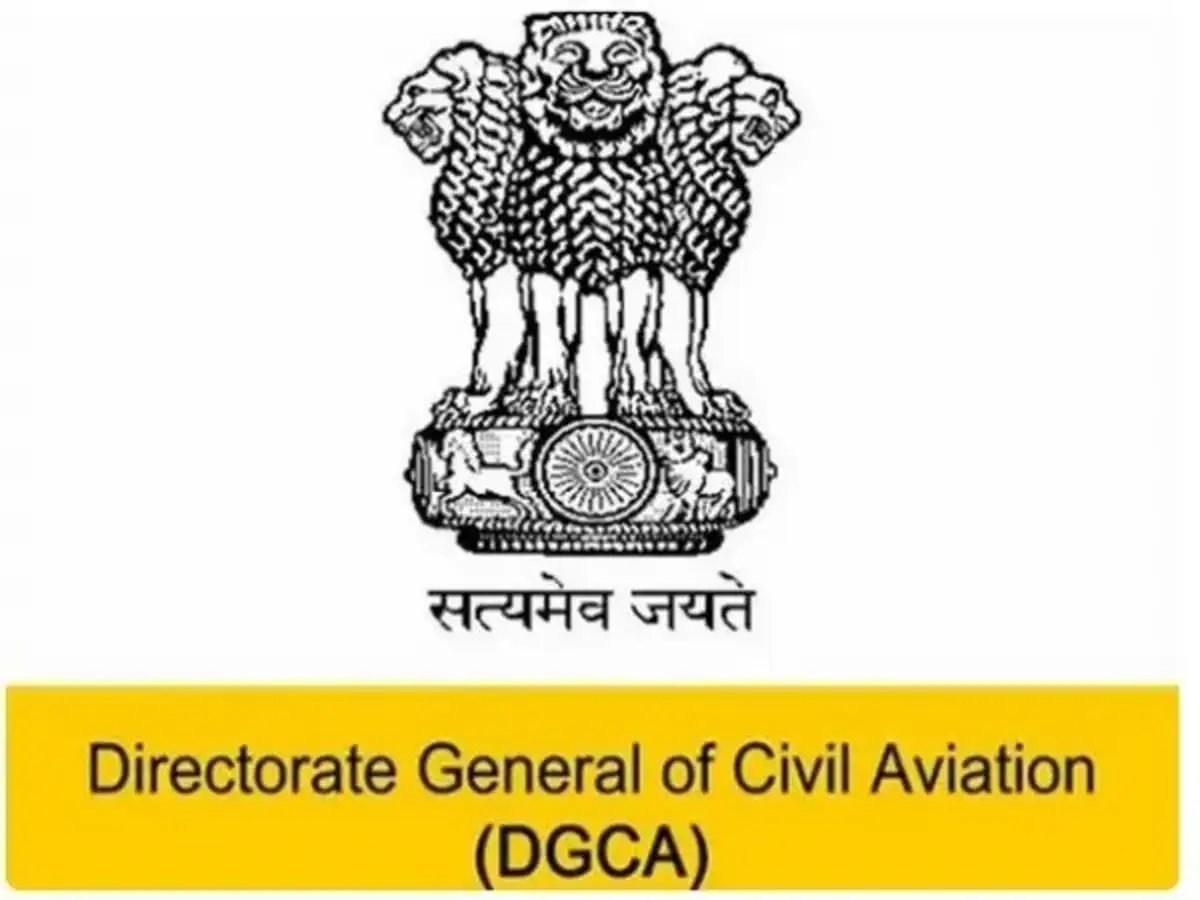By The Sampadak Express
In a stern move, India’s civil aviation regulator, the Directorate General of Civil Aviation (DGCA), has ordered the removal of three senior Air India officials from their roles related to flight crew scheduling and rostering. The officials include a divisional vice president and have been accused of violating key safety norms related to pilot duty hours.
The DGCA directive comes in the wake of a detailed audit of Air India’s Integrated Operations Control Centre (IOCC), which manages crew assignments across its domestic and international routes. The regulator has also directed the Tata Group-owned airline to initiate internal disciplinary action against the unnamed officials. Failure to do so, the DGCA cautioned, could result in severe consequences, including suspension of Air India’s operating licence.
Flights Exceeded Duty Limits
The action follows the regulator’s audit of two Air India flights AI133 from Bengaluru to London Heathrow operated on May 16 and 17. Both flights reportedly exceeded the Flight Duty Time Limitation (FDTL) of 10 hours, in violation of Para 6.1.3 of the Civil Aviation Requirement (CAR), Section 7, Series J, Part III.
The DGCA clarified that these were not emergency or exceptional operations, but regular scheduled flights, and thus should have strictly complied with existing safety regulations.
Airline Issued Show Cause Notice
A show cause notice has been served to Air India’s Accountable Manager, a senior executive responsible for operational compliance, demanding an explanation within seven days. The regulator warned that failure to respond within the stipulated timeframe could lead to unilateral action based on available evidence.
Air India Responds
Air India has acknowledged the seriousness of the regulator’s observations. In an official statement, the airline said:
“We acknowledge the regulator's directive and have implemented the order. The Chief Operations Officer will now oversee the Integrated Operations Control Centre (IOCC) directly. Air India is fully committed to maintaining the highest safety standards.”
The IOCC plays a critical role in any airline’s daily functioning overseeing real-time crew deployment, route planning, weather assessments, and flight dispatch. Errors or oversight at this level can significantly impact both passenger safety and crew welfare.
Regulatory Norms and Systemic Concerns
The DGCA has reiterated several key operational norms for airlines:
Qualified Crew Pairing: Pilots must be paired based on cumulative flying experience and specific operational qualifications, including those required for high-altitude or low-visibility operations.
Valid Licenses: Both cockpit crew must have current licenses and up-to-date certifications.
Adequate Rest: Pilots must receive mandatory rest periods before operating flights, in line with FDTL rules.
However, the audit revealed signs of systemic failure. The repeated breaches raise critical questions:
Why didn’t automated systems flag these violations?
Were there manual overrides in the crew scheduling process?
Is the rostering system being manipulated?
These questions are now central to the DGCA’s ongoing investigation, as the regulator pushes for greater accountability and adherence to safety norms.



leave a reply